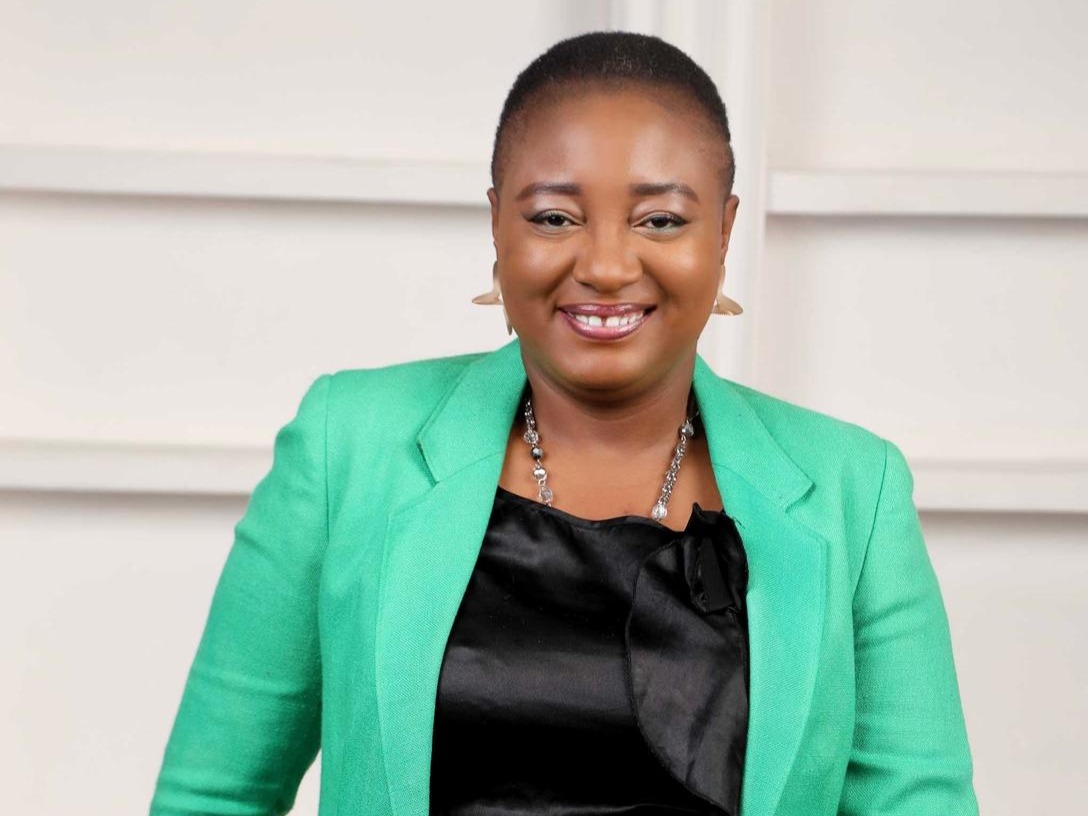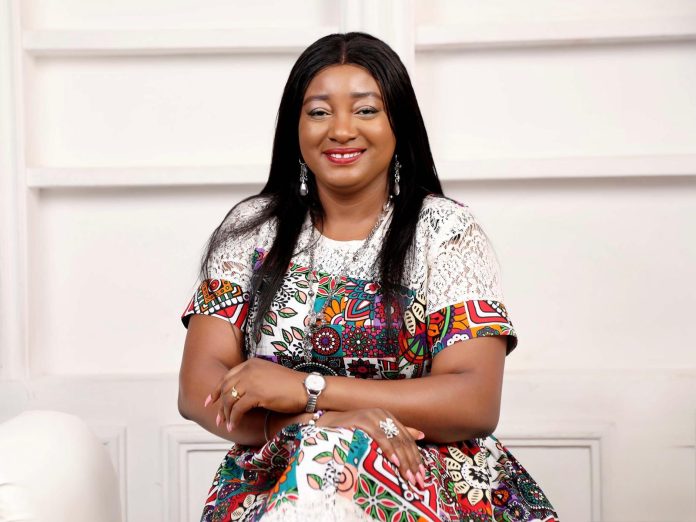Exclusive with Tech & Biz News NG
In the quiet halls of DePauw University in Indiana, USA, a Nigerian scholar is quietly reshaping global conversations about women’s health, reproductive rights, and legal accountability. Dr. Jennifer Heaven Mike-Oworodo, a legal luminary and human-rights advocate, carries the weight of a dual mission: advancing scholarly research in the United States while tackling the systemic health inequities that continue to plague Nigeria and Africa.
Her career is a remarkable tapestry of law, academia, and advocacy. She currently serves as Hampton and Esther Boswell Distinguished University Professor and Visiting Global Studies Scholar in Women’s, Gender & Sexuality Studies at DePauw University, and Assistant Professor of Law at the American University of Nigeria. She is also the Principal Attorney at Jennifer Heaven Mike & Associates, and a member of the Nigerian Bar Association, International Bar Association, American Bar Association, Boston Bar Association, and the International Federation of Fertility Societies.
Through her work, Dr. Mike-Oworodo examines how legal frameworks can uphold health as a right rather than a privilege — a mission that has taken her across continents and into courtrooms, classrooms, and research labs.
“Health justice is about fairness, dignity, and accountability,” she says, her voice deliberate, yet compassionate. “It’s about ensuring that every person, regardless of class, gender, ethnicity, or location, can access the care they need to live a dignified life. Justice is not optional — it is a moral and legal duty.”
Redefining Health Justice in Nigeria
In Nigeria, the right to health exists on paper but is rarely enforceable in practice. Dr. Mike-Oworodo’s research, including her influential publication, Operationalizing Reproductive Health Rights in Nigeria: A Multi-Dimensional Framework for Addressing the Policy–Practice Divide, exposes the gaps between constitutional guarantees and reality.
“A right that cannot be enforced is a broken promise,” she explains. “Women are dying from preventable conditions, children suffer from lack of basic care, and entire communities are left behind. The law should not be silent in the face of this suffering.”
She identifies four systemic challenges undermining health justice: the non-justiciability of the right to health, weak institutional capacity, entrenched inequality, and governance failures. Hospitals remain underfunded, personnel overstretched, and rural communities largely ignored. Meanwhile, corruption and politicization drain the sector of resources and public trust.
“Health justice demands clean governance, transparency, and accountability,” she emphasizes. “Without it, even the best policies fail.”
Reproductive Justice: A Core Mission
Much of Dr. Mike-Oworodo’s scholarship is focused on reproductive justice. In works like Securing Access to Assisted Reproductive Technologies as a Human Right, she advocates for legal protections that ensure access to fertility treatments, surrogacy, and maternal healthcare for all women, including marginalized groups.
“Reproductive autonomy is not a luxury — it is a human right,” she notes. “We cannot allow wealth or social status to determine who survives childbirth or who can build a family.”
Her work also examines ethical and legal dimensions of surrogacy and assisted reproductive technologies, highlighting how gaps in regulation can leave women vulnerable and intended parents in legal limbo.
“Law must protect everyone involved — from surrogate mothers to the families they help,” she says. “Dignity must guide policy.”
Intersectionality in Action
A hallmark of Dr. Mike-Oworodo’s approach is her use of intersectionality, a framework that recognizes how overlapping social identities influence access to healthcare.
“A poor woman in a rural village faces different barriers than a middle-class professional in Lagos,” she explains. “Policies that ignore these differences cannot claim to deliver justice.”
Her research calls for inclusive, evidence-based policymaking that addresses the lived realities of women, children, and vulnerable populations — from disability and youth to rural communities and economically marginalized groups.

From Nigeria to the World
Despite her prominent position in the United States, Dr. Mike-Oworodo remains deeply connected to Nigeria and Africa.
“I carry Nigeria with me in every lecture, every research project, every policy discussion,” she says. “My work is global, but my heart and my duty are with African women, whose voices are too often overlooked.”
Her earlier book, Women, Medicine and the TRIPS Agreement: Health and Human Rights in Nigeria, explores how intellectual property laws affect access to essential medicines, particularly reproductive health drugs. She argues persuasively for reforms that balance global trade with the fundamental right to health.
“Patent protections must not eclipse women’s lives,” she insists. “Access to essential medicines is not negotiable.”
A Scholar With Purpose and Compassion
To students and colleagues alike, Dr. Mike-Oworodo is a figure who bridges theory and practice. She is a mentor, a fierce advocate, and a scholar whose work translates directly into policy and real-world reform.
“Every life deserves dignity, care, and protection,” she says. “Justice begins when health systems are built to serve everyone, not just the privileged few.”
As she continues to lead research projects, advise governments, and train the next generation of legal and health professionals, her message is clear: Nigeria, Africa, and the world cannot achieve development without ensuring that health is a right — fully enforceable, universally accessible, and just.
“The future of reproductive health and health justice is not optional — it is urgent,” she concludes. “And women must be at the center of that future.”
Dr. Jennifer Heaven Mike-Oworodo’s work is proof that scholarship can be a force for transformative social change, connecting legal frameworks, healthcare access, and human dignity — from the classroom in Indiana to the villages of Nigeria.




